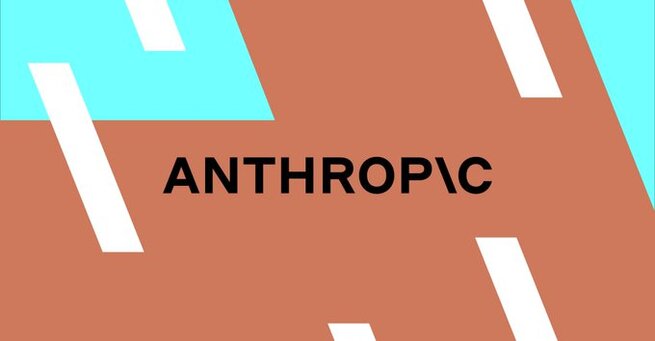
Anthropic Settles AI Book Piracy Lawsuit With Authors
Anthropic AI book piracy lawsuit has reached a settlement, marking a significant moment in the ongoing debate over artificial intelligence and copyright law. The agreement means the Amazon-backed AI company will avoid a lengthy trial over accusations that it trained its Claude AI models using pirated books. For authors and the tech community, this settlement highlights how copyright disputes around AI-generated content are becoming more frequent as the technology rapidly evolves.
Background Of The Anthropic AI Book Piracy Lawsuit
The case originated when several US authors, including Andrea Bartz, Charles Graeber, and Kirk Wallace Johnson, filed a complaint accusing Anthropic of copyright infringement. They argued that the company’s AI models were trained on an open-source dataset filled with millions of pirated works. Earlier court rulings had left room for such claims, despite a June decision that recognized training on legally purchased books as fair use. This opened the door for a broader class action, which positioned Anthropic against potentially massive penalties.
Why The Settlement Matters For AI And Copyright
The Anthropic AI book piracy lawsuit settlement carries wider implications for the AI industry and creative rights. Had the case gone to trial, Anthropic risked billions—or even trillions—in damages if found liable. The agreement now avoids that outcome, while raising questions about how far AI companies can go in sourcing training data. Authors see the move as validation of their concerns, while AI developers may interpret it as a sign of the complex legal landscape they must now navigate.
What Comes Next After The Settlement
The settlement, expected to be finalized on September 3rd, is being described as “historic” by the authors’ legal team. While specific terms have not been revealed, the outcome will likely shape future negotiations between creators and AI companies. For writers, it signals recognition of the value of their intellectual property in the digital age. For Anthropic and similar startups, it sets an example of balancing innovation with legal and ethical responsibilities. As AI continues to grow, the lessons from the Anthropic AI book piracy lawsuit will influence how technology and copyright coexist in the years ahead.
𝗦𝗲𝗺𝗮𝘀𝗼𝗰𝗶𝗮𝗹 𝗶𝘀 𝘄𝗵𝗲𝗿𝗲 𝗿𝗲𝗮𝗹 𝗽𝗲𝗼𝗽𝗹𝗲 𝗰𝗼𝗻𝗻𝗲𝗰𝘁, 𝗴𝗿𝗼𝘄, 𝗮𝗻𝗱 𝗯𝗲𝗹𝗼𝗻𝗴. We’re more than just a social platform — from jobs and blogs to events and daily chats, we bring people and ideas together in one simple, meaningful space.